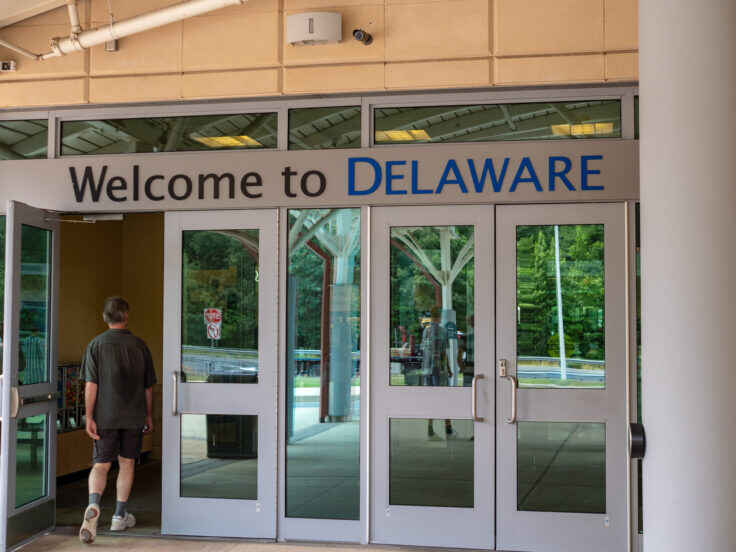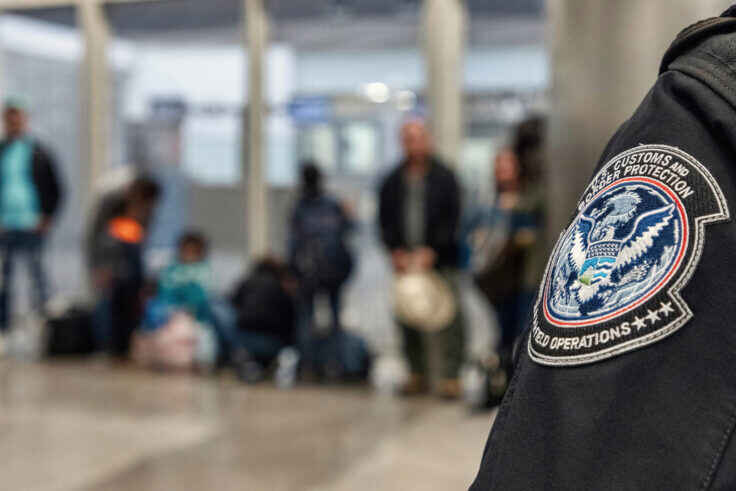Ensuring Changes in Emergency Powers and Public Health Authority Will Protect Health
Overview
1:00 – 2:30 p.m. ET | April 15, 2021
Even as most in public health, health care, and emergency services are focused on getting vaccines in arms and responding to the medical, economic, and social impacts of COVID-19, new laws are being made that have serious implications in the near term and for future public health emergencies. In this webinar, presenters will describe the nature of the laws being announced from the judicial bench or proposed in state legislatures, the process by which they are being formulated in every level and branch of government, and the principles that should guide legal developments as we seek to balance the facts, expert opinion, and civic participation, as well as guard against harmful unforeseen consequences. While many of the proposed legal interventions have been introduced in reaction to the specific health threats of COVID-19 and the economic and social effects of related community mitigation measures, their reach is much broader, and could transform public health law and practice in affected jurisdictions, and the United States as a whole, for years to come.
View/download the Presentation Slides:
By attending this webinar, you will:
- Learn about the wave of litigation alleging COVID-19 public health measures have infringed individual rights, and the fundamental flaws presented by approaches which re-balance or set aside constitutional rights in emergencies
- Identify how proposed (and, increasingly, enacted) state legislation will alter longstanding emergency powers and basic public health authority
- Describe principles to guide legal developments in order to give weight to both individual freedoms and civic engagement and to the appropriate role of government to assure the conditions for people to be healthy in the face of current and future threats to public health
Moderator:
- Donna Levin, JD, National Director, Network for Public Health Law
Presenters:
- Jennifer Piatt, JD, Senior Attorney, Network for Public Health Law – Western Region Office; Research Scholar, Arizona State University Sandra Day O’Connor College of Law
- Jill Krueger, JD, Director, Network for Public Health Law – Northern Region Office
- Lindsay Wiley, JD, MPH, Professor, American University Washington School of Law; Director, Health Law and Policy Program
You may qualify for CLE credit. ASLME is an approved provider of continuing legal education credits in several states ASLME will also apply for CLE credits in other states upon request. An email from ASLME regarding CLE credits will be sent to attendees following the webinar.



